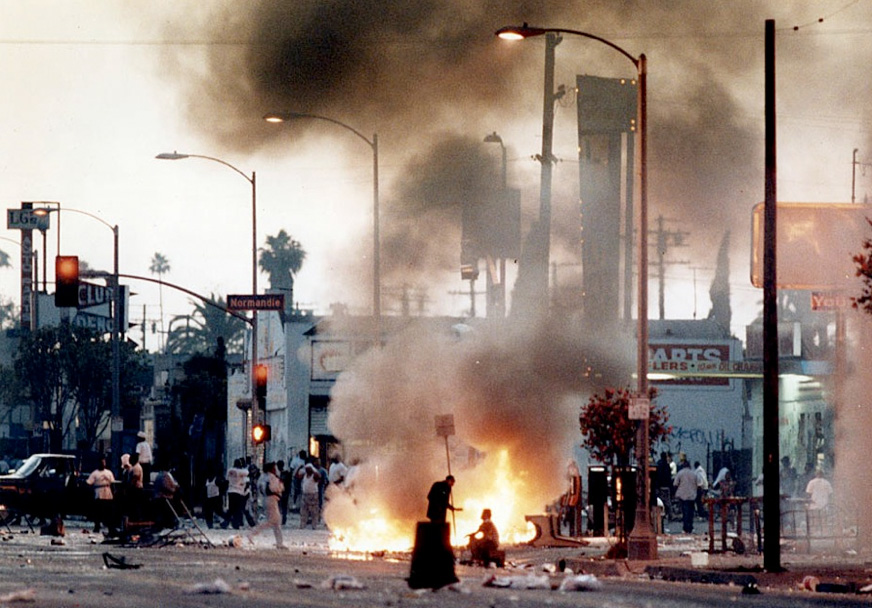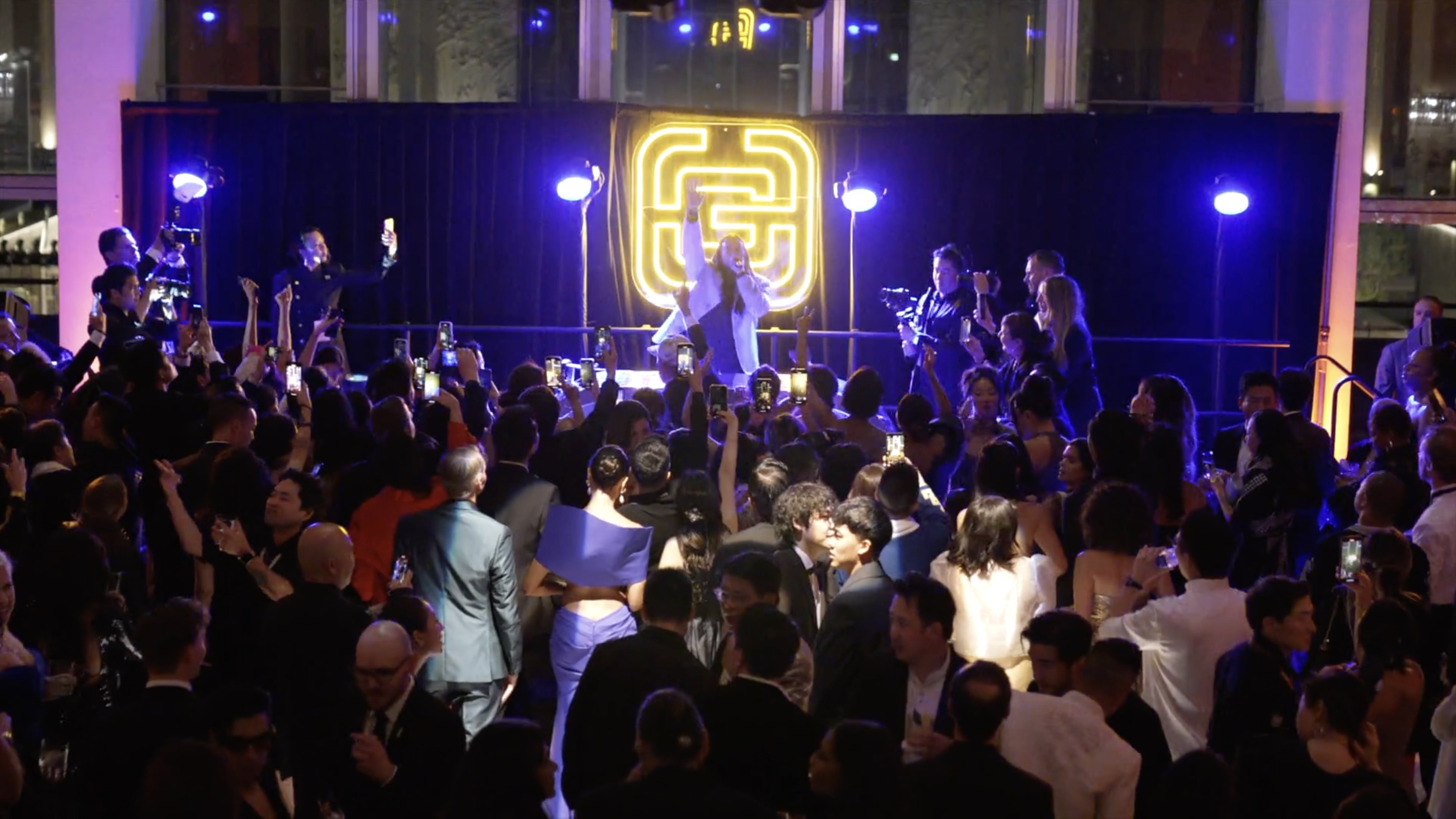Over the years, KoreAm has documented the impact of the 1992 Los Angeles riots on ours and other communities, and urged an understanding of lessons learned. As we count down to the 20th anniversary next year, charactermedia.com will be running a riot article, image or testimonial in this space every week until April 29, 2012. Some will be taken from our pages, while others will be excavated from our own personal archives.
We welcome your submissions—first-person memories (no word limit), pictures, poems and (photographed/scanned) artifacts—for this project, too. Please email them to julie@charactermedia.com with the subject line ‘Riots Spot’. Many of us were mere children in 1992, but 19 years later, we have voices. We can speak now.
This account appeared in a collection of perspectives from KoreAm‘s April 2002 issue.
PETER CHO
Compiled by K.W. Lee and Julie Ha
Peter Cho was a happy-go-lucky fifth-grader until Sa-i-gu hit and rioters destroyed his mother’s Koreatown store. He and his sisters watched on TV as the store, which sold women’s clothing at Vermont Ave. and Eighth St., turned to burnt rubble. Only 11 at the time, he felt helpless. It was hard to bear his mother’s seemingly unending tears. Now a student at UC Riverside, he says he has yet to talk with his mother about Sa-i-gu, but that’s a conversation the 21-year-old is determined to have.
Before I could really say anything, I heard the garage door open. It was my parents, both in their own cars, which were packed to the top with merchandise from the store. As soon as they walked into the house, my mother saw her store in ruins on TV. She had left her store just before the looting had begun in that part of Koreatown. My mother burst into tears. She had put her past five-plus years into that store, and she was just about to sell it when this happened.
I thought many things in my head: Why did those Mexicans and black people have to burn my mom’s store? She didn’t do anything to them. She was just trying to support her family.
Mothers and sons have a special bond, and I never really felt it until that day. It was as if my mother’s pain became mine. If anything had happened to my mother, I think I would have gone crazy and tried something crazy like shoot at [the rioters] with a gun. But then again, what good would that have done?
I just wanted my mother to stop crying. Sometimes, she would smile with tears in her eyes and tell me, “Everything will be all right, Petey.” It was a momentary feeling of how everything was going to work out for our family, but I knew it wasn’t going to be easy.
May 1 was when I got to see in person what was once my mother’s store. It was a black pile of wood, glass and metal. I thought we were going to stay at the store, but we headed over to a Korean radio station where they were giving out food for the riot victims. I thought to myself, “Why are we going here?” I never thought my family had to resort to this. Were we poor now? I felt like crying, but the last thing I wanted to do was make my mother cry, too. So I held in those tears.
I was hurt because of my family’s situation, but also sad because all these people who were standing in line for aid packages of food and other items were going through the same thing. I was sad that a part of Koreatown died a couple of days earlier. All the mom-and-pop stores that were once proudly decorating the district of Koreatown were gone.
Things got worse for my family. We lost our house in Walnut. We ended up moving three times in the next five years.








